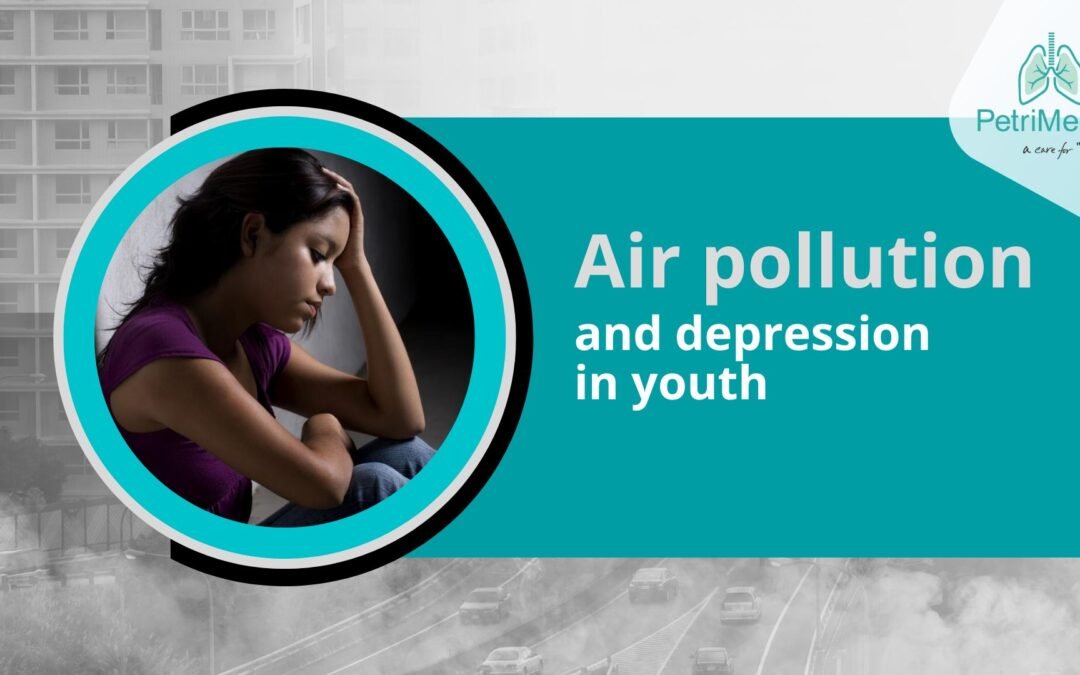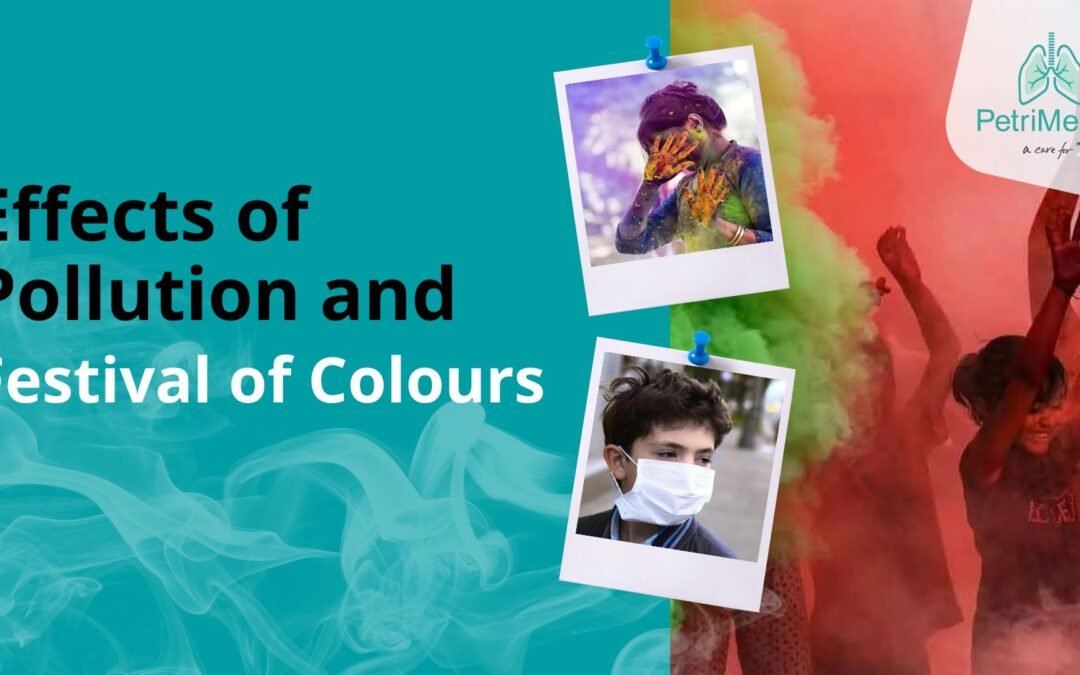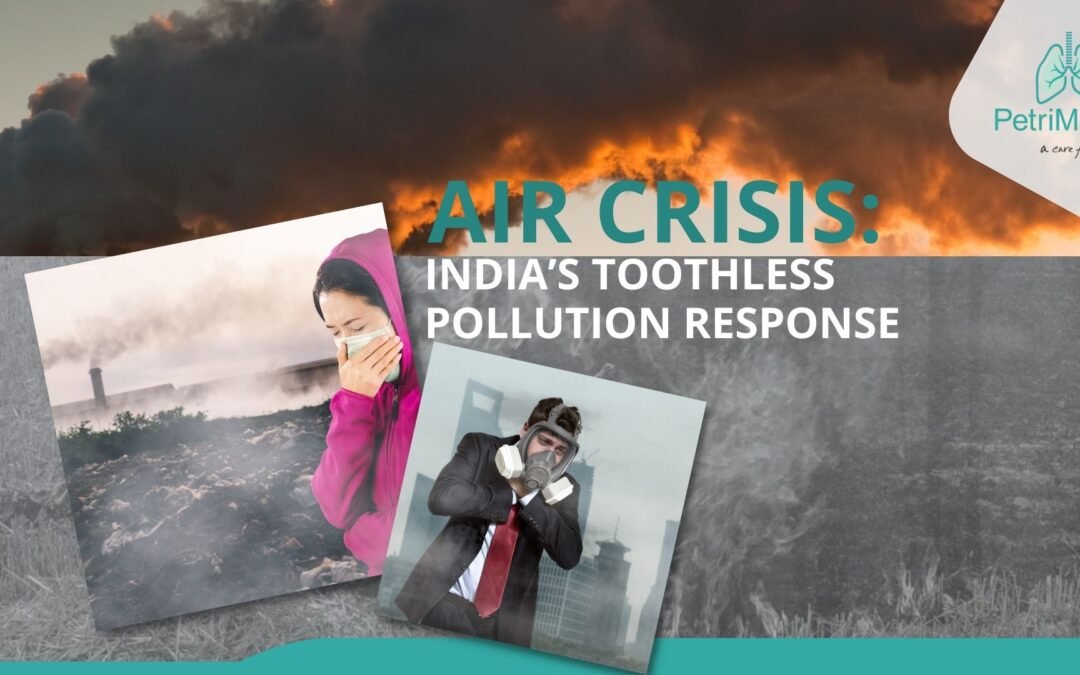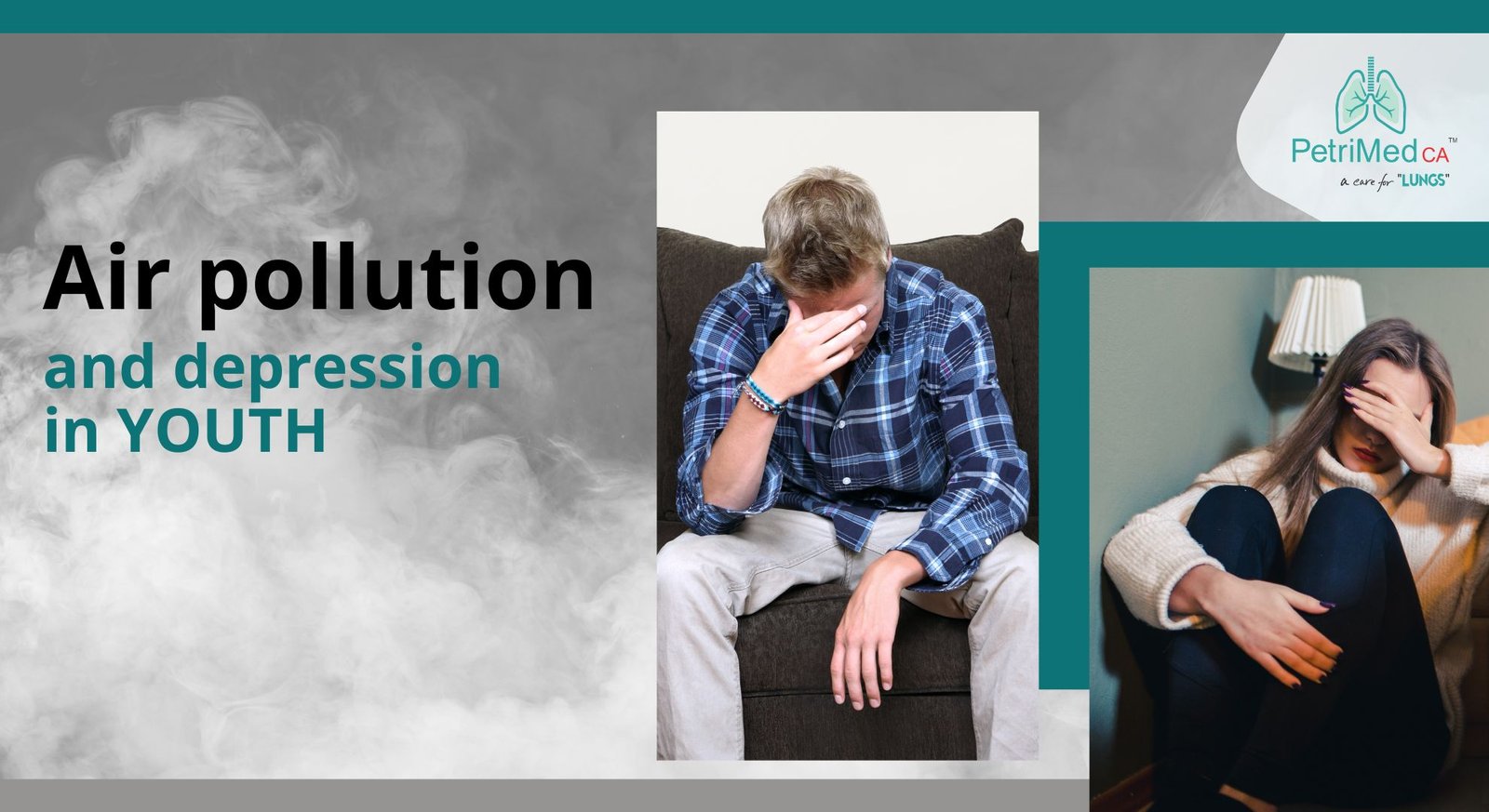Teenagers go through many bodily changes in their adulthood. For example, external factors such as air pollution and stressors make their life difficult. The stress caused by air pollution can lead to teenage depression and other effects on their bodies. As air pollution levels subsequently increase, so do the negative effects on the body and mind of adolescents.
Adolescent or adolescent depression is a severe mental illness. This leads to constant emotions of anxiety, sadness, and boredom. Rising levels of air pollution may contribute to teen depression. As a result, these variables can delay the development and growth of the brain and body, especially during adolescence. Excessive exposure to carbon dioxide (CO2) and ozone (O₃) indoors can harm brain growth and function.
The brain is an essential organ that helps in the functioning of the body. The whole body suffers when rising air pollution makes it harder for the brain to function. Air pollution affects other parts of the body such as the lungs, kidneys, liver and eyes.
Early age stress due to Air Pollution
PM2.5 & PM10, carbon monoxide (CO), O₃, nitrogen oxide (NO₂), and other air pollutants are all present in ambient air. Young adults spend more time outdoors than older adults. So, they are more sensitive to the negative impacts of these air contaminants. Teenagers who are exposed to contaminated air for elongated periods are more prone to experience stress.
Specialists have discovered a link between air pollution and an increase in heart diseases. This is immediately visible in a teenager’s body changes. The body can respond by raising heart rate, tensing muscles, rapid breathing, and sweating.
– How increased air pollution levels lead to depression symptoms in teenagers?
Increased air pollution levels can cause mental illness. Pollutants increase the stress hormone cortisol. It further affects the levels of another chemical in the brain known as dopamine or the happy hormone.
Teenagers spend more time outdoors than older adults do. Thus, making them more open to the impacts of certain air pollutants. Certain pollutants cause the release of the stress hormone. Their sensitive bodies may develop mental health issues because their bodies are already sensitive to air pollution.
Factors that lead to Depression Symptoms
Multiple neurodevelopmental problems are caused by high levels of air pollution.
High amounts of O₃ and other pollutants in the outdoor air damage the brain’s functionality among teenagers. They spend more time outdoors than indoors. As a result, air pollutants like O₃ that are present outdoors can seriously impact them because they are more sensitive to the harmful effects of these pollutants.
A healthy brain is crucial for the sound functioning of the body. High levels of air pollutants make it difficult for youngsters to maintain a healthy and sound brain and central nervous system. Due to this, their bodies lag in basic body functions.
Teenage Depression worsens Air Pollution effects
A child suffering from anxiety or depression is affected more by air pollutants than a child with no mental illness disorders. The rate of mood disorders, depression symptoms, anxiety, and other mental health conditions among teenagers is increasing due to increasing levels of sadness, stress, loneliness, etc.
Bodies of depressed teenagers are already defenceless because their will to live is lost. They do not eat a well-adjusted diet, drink enough water to keep their bodies hydrated, and continuously have suicidal thoughts. As a result, their bodies grow frailer and frailer because their bodily systems, for instance, the immune system, breathing system, and reproductive system, among others, get affected. Therefore, their bodies are more sensitive to the damaging effects of air pollution.

Vaping Is A High Risk For Young Hearts
For decades, the news had been so good. The number of teenagers smoking tobacco products was falling. “Billions of dollars, tons of manpower and effort, were spent on informing y.oung people about the harms of smoking,” said a cardiologist. “And we were successful. Smoking rates across…

Is Your Home’s Air Clean?
The air we breathe in a closed space affects our health and ability to fully contribute to society and live a healthy our healthiest lives. For over two years, the impact of COVID-19 has highlighted that how clean indoor air plays an important role in response and recovery — the spread of the virus can be reduced…

Risk of Ambient Concentration of Particulate Matters Associated with Ambulance Services in India
An ambulance is a medically equipped vehicle which transports patients to treatment facilities, such as hospitals. Typically, out-of-hospital medical care is provided to the patient during the transport. Ambulances are used to respond to medical emergencies by emergency medical services…

Air Pollution has Become The Source Of Depression In Youth – (Part 2)
NO₂ is the most significant air pollutant affecting children’s cognitive development. The brain uses these skills while thinking, reading, memorizing, noticing, paying attention, making decisions, language awareness…

The Impact of Using Synthetic Colours in Holi on Human Health
In India with the arrival of springtime just after monsoons, it begins the season of festivities with love, warmth, and a sense of togetherness. And Holi, also known as the festival of colours, marks the beginning of the festive season, which is celebrated all through the nation with fervour…

Air Crisis: India’s Toothless Pollution Response
We are at a crossroads on our path to clean air, and the decisions we take now will influence the air that current and future generations breathe. At this juncture, embracing the principles will align us with the path of sustainable development we have committed to nationally and globally…

Work Addiction as a Compulsion
Like any addiction, work addiction may stem from underlying psychological needs and may have a negative impact on health, relationships and ironically, job performance. Breaking a work addiction may require large and small actions on the part of the individual; however, supervisors should…

Science Behind Smog and Its Dangerous Implications with Solutions
As the winter season approaches and the subsequent smog approaches, health experts have warned that respiratory related problems will inevitably rise for residents especially in Delhi and the National Capital Region. Delhi-NCR Air Quality Index (AQI) has been a point of concern for years together.


0 Comments